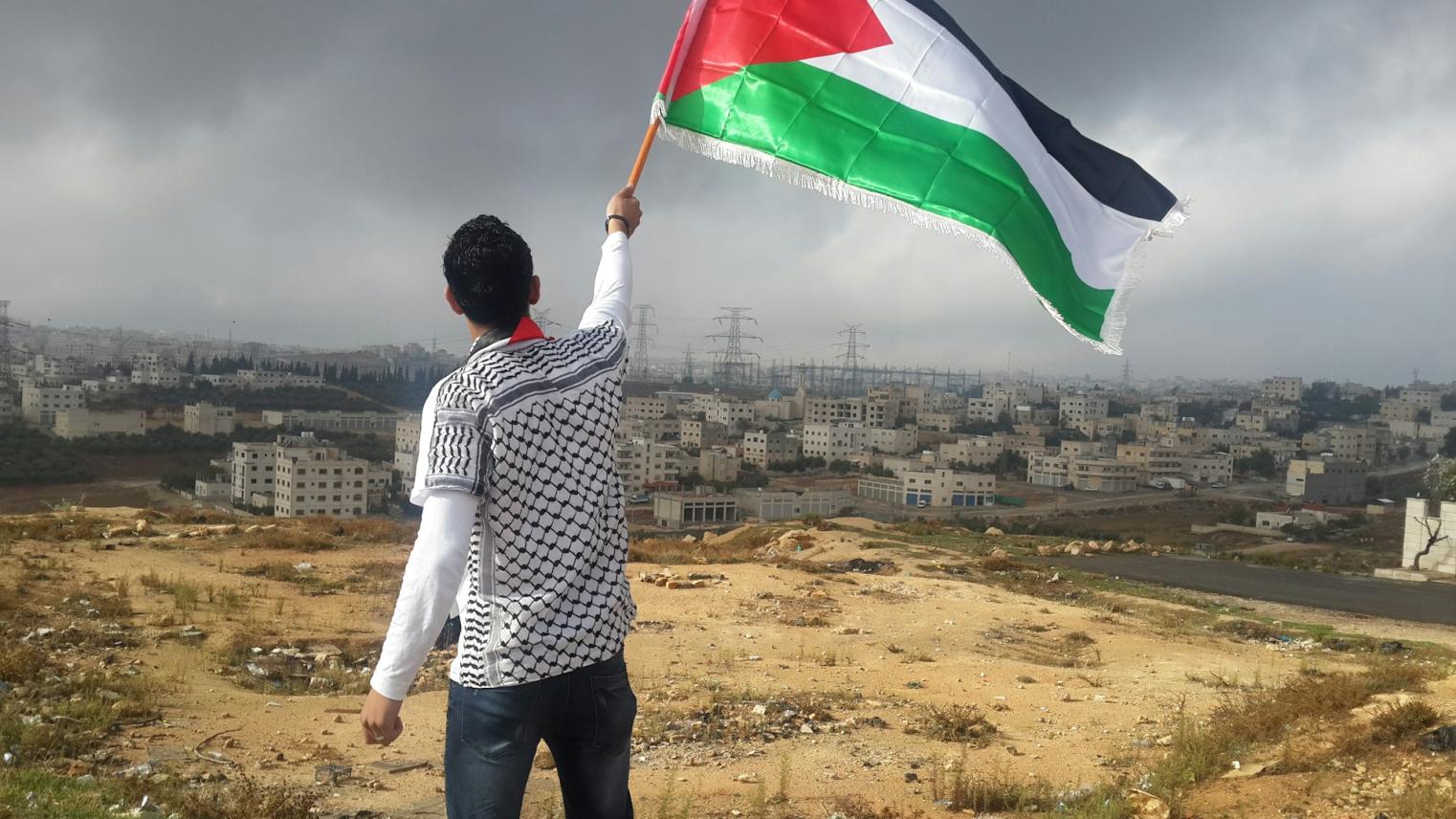What's Palestine's plight got to do with Australian Indigenous rights?

What does the Israeli-Palestinian conflict have to do with the struggle for indigenous rights in Australia? For some Pro-Palestinian protesters, the two issues are part of the same anti-colonial struggle. Mark Kenny sees a different link, arguing that “If Australia's political class directed a tenth of the sensitivity reserved for Israel towards First Nations Peoples, then the Voice would have coasted home on strong backing from across parliament and media.”
So, according to Kenny, the referendum failed because Australians were improperly led by a political class that, in turn, was inordinately accommodating of Israel. That sensitivity is because “one group has campaigned for decades in Canberra duchessing politicians, journalists, editors and academics, signing them up to Israel's plucky narrative of heroic besiegement.”
It’s easier to explain away the opinions of those who disagree with us than to engage with them. It’s harder to accept that the 60 per cent of Australians who voted no in the referendum reached their own conclusions, just as most of Australia’s political class are capable of making up their own minds about Israel and Palestine.
But progress on either issue will require acknowledging this more complex reality as well as good faith engagement with opposing views.
In retrospect, it’s clear that supporters of the Voice were overly confident in the axiomatic justness of their cause. With tragic consequences, they eschewed political haggling and ignored the iron law that Australian referendums only succeed with bipartisan support.
The central problem with debate about Israel and Palestine is not that it is constricted, but that it is becoming ever more polarised. To be fair, Mark Kenny’s other writings on the issue have been attentive to the perils of moral binaries. But more commentators seem compelled to pick a side and stick with it.
It’s true that Australian supporters of Israel work hard to prosecute their case, but Kenny’s claim that they have constrained debate “within the narrowest of sensitivity parameters in which the feelings of Jewish supporters of Israel are paramount” is hyperbolic at best.
The Australia Israel and Jewish Affairs Council hardly welcomed the government’s recent decision to support Palestine’s membership of the United Nations.
Nevertheless, Kenny claims that the “asymmetry in political effectiveness is striking. Between God's chosen people, and the nation's "most unloved", one group begets deference, the other, indifference.” This vague invocation of “God’s chosen people” gives lie to Kenny’s complaint that the “unspoken consensus” makes it impossible to distinguish faith, race and the Israeli state. It’s not clear if he’s talking about Israelis, Australian Jews or both.
Kenny’s stark differentiation between the interests of indigenous and Jewish Australians is ahistorical. It elides the disproportionate role played by Jewish Australians in the 1965 Freedom Ride, the establishment of Aboriginal legal services in the 1970s and litigation that overturned terra nullius in 1992.
Julian Leeser resigned from the Liberal frontbench in order to campaign for the Voice to Parliament. The referendum failed despite – rather than because of – the “deference” that “the chosen people” supposedly beget.
The long history of mutual support of indigenous and Jewish Australians stretches back to Yorta Yorta leader William Cooper’s anti-Nazi march on the German consulate in Melbourne in 1938. We have no way of knowing what the Voice would have said about the Israeli-Palestinian conflict, but Aboriginal leaders like Nova Perris, Warren Mundine, Marica Langton and Noel Pearson have rejected the conflation of their cause with that of the Palestinians and expressed varying degrees of support for Israel. Is that because they’ve been duchessed too?
What does the Israeli-Palestinian conflict have to do with the Voice? If Australia had accepted the generous offer made by its indigenous people then it would have more moral authority on other issues of historical injustice and sharing the future. But the issues have distinct histories and should not be conflated.
First Nations Peoples’ demand for justice begins with an unquestionable assertion of indigeneity. But arguing over who is truly indigenous to the Levant is a fool’s errand. About half of the people living between the river Jordan and the Mediterranean Sea are Jewish and half are Arab. For their children to enjoy a better life they must find a way of sharing the land and creating a Palestinian state alongside Israel.
The two-state solution has looked ever more remote since October 7 2023. There is much to be angry about.
But if a tenth of the energy devoted to rights and wrongs, both current and historical, was instead directed towards difficult compromises and practical solutions then we would be much closer to a peace agreement. Even one per cent would help.